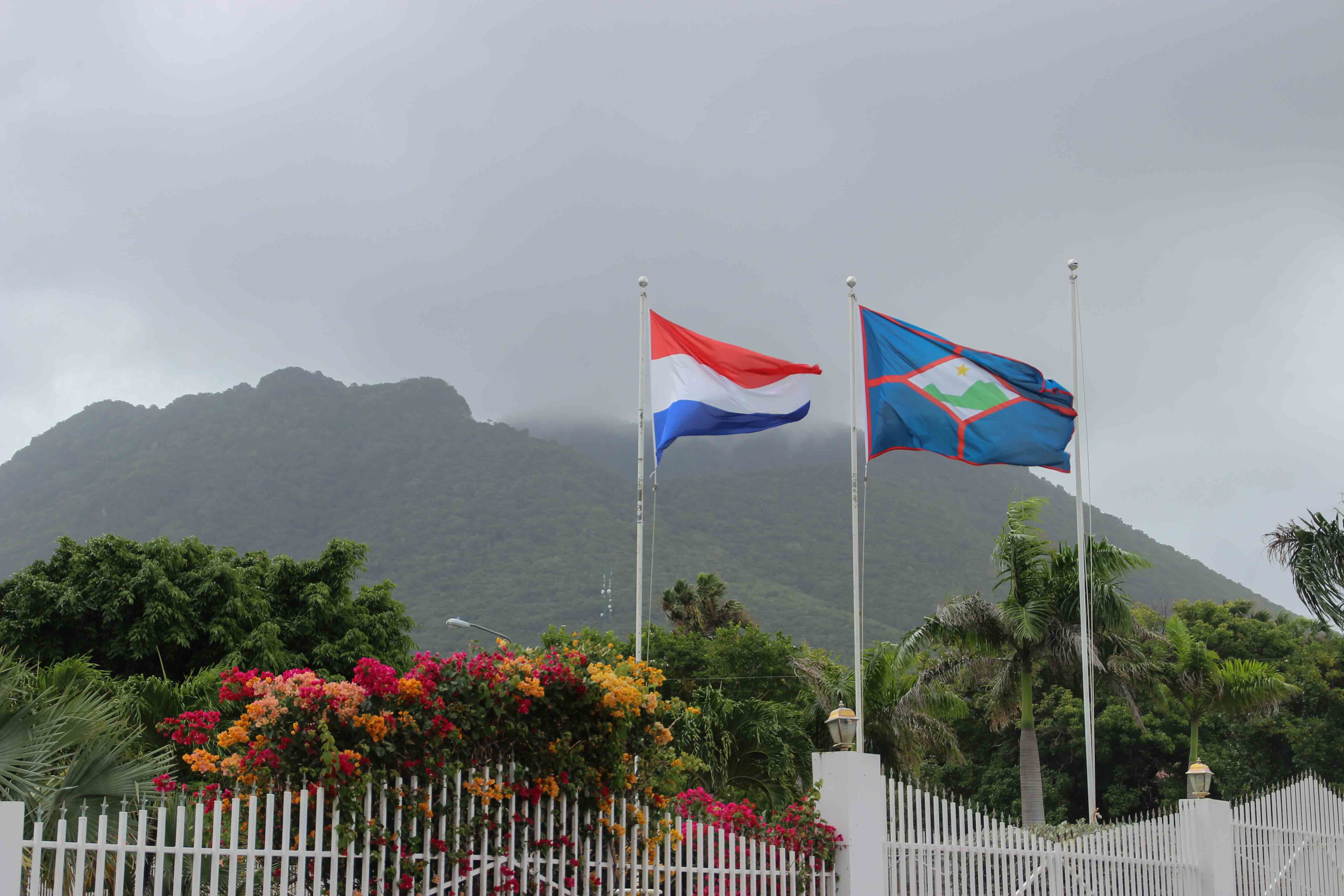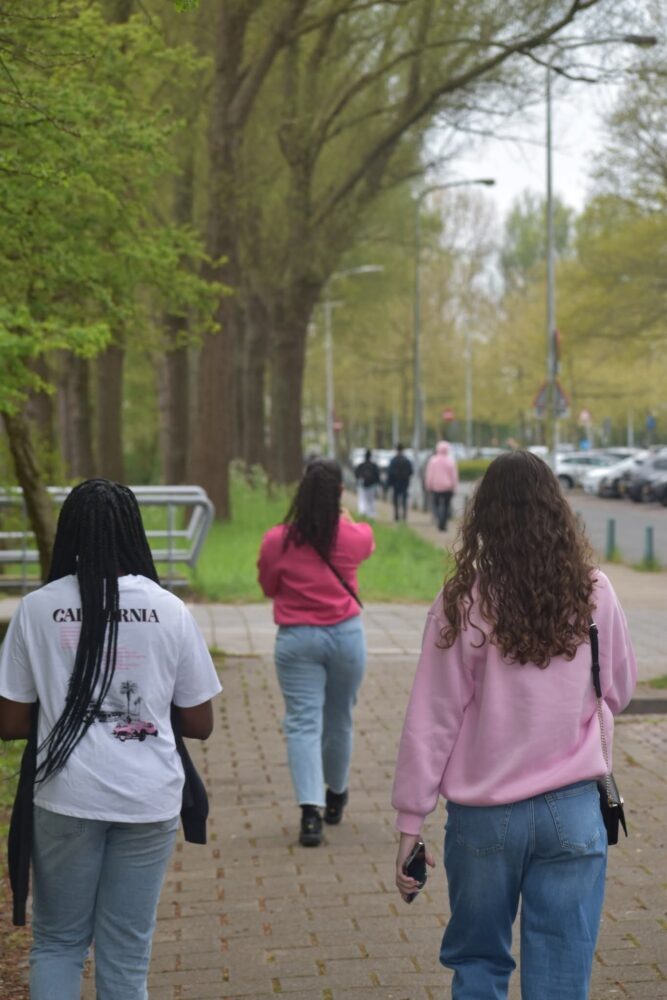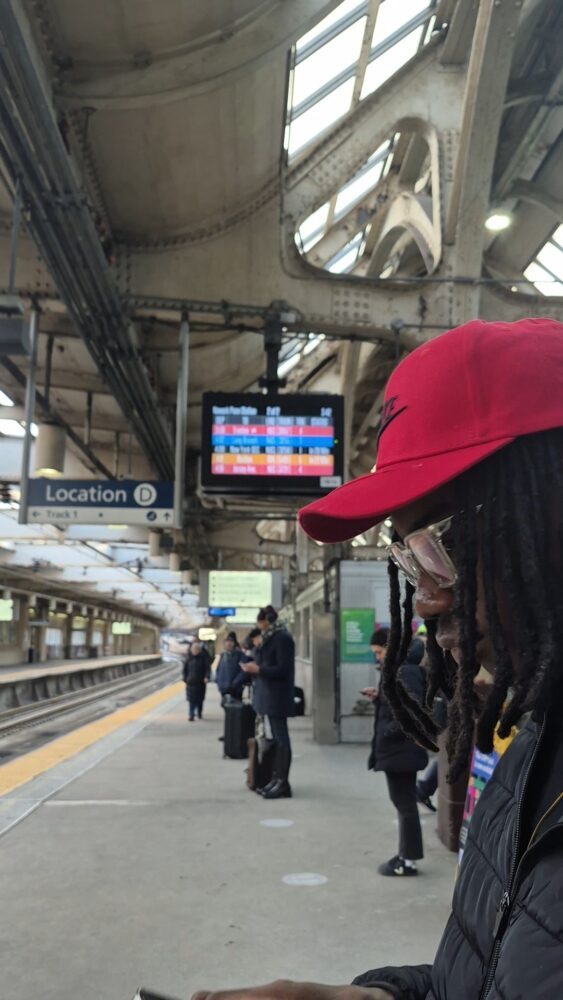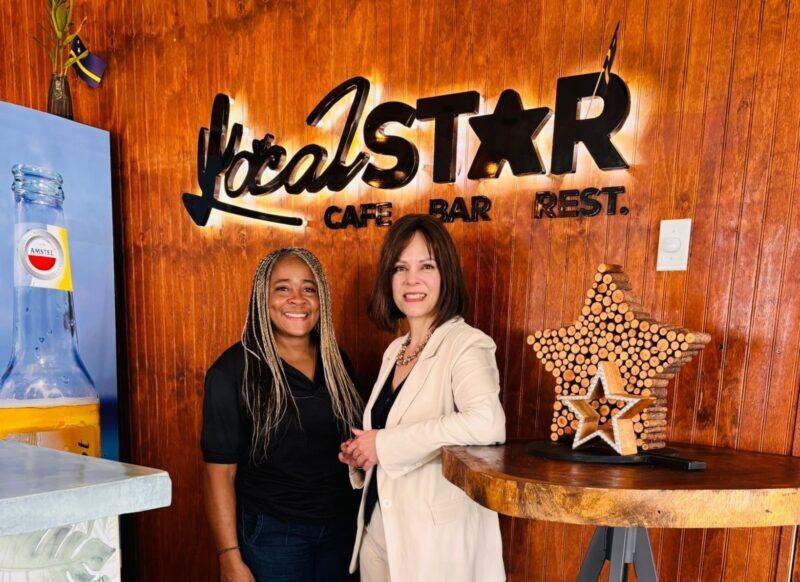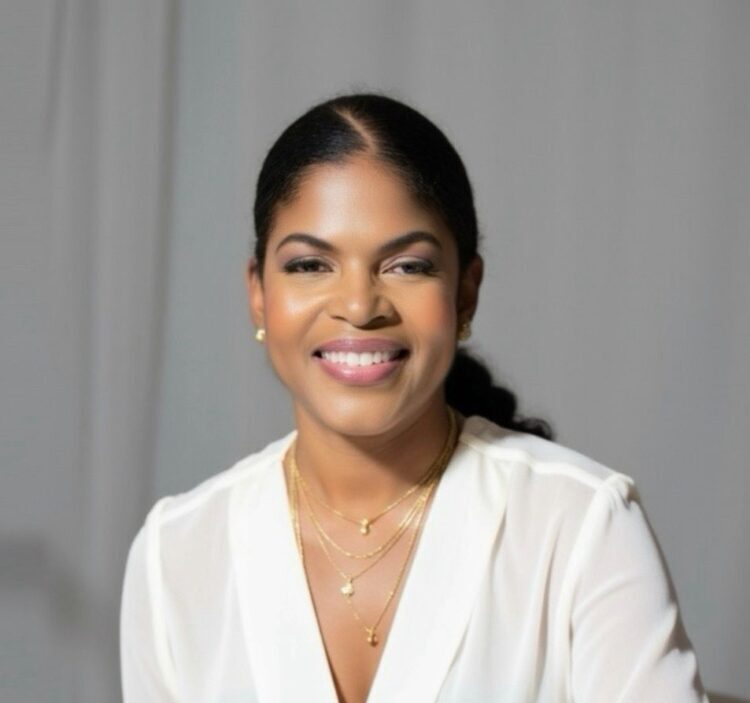Cervical cancer is the fourth most frequently occurring form of cancer. On the very religious St Eustatius, more and more women are trying to leave their feelings of shame behind to submit to the screening.
Thanks to the population screening of HPV (Human Papilloma Virus) cervical cancer can now be detected at an early stage, which makes better and earlier treatment possible.
One hopes that sadness and death can be prevented. “I don’t want to go into details, but we have detected some suspicious cases during the screening. The good part is that we can now start treatment at an earlier stage”, says Shanna Mercera-Gibbs of Public Healthcare.
Feelings of embarrassment are what’s keeping many women from participating in a population screening, she notices. “Cancer is taboo on the island. Realize also that this is a very religious populace. Taking off your clothes to submit to such a test is considered too intimate.”
Hope, thanks to younger women
It still takes a lot of effort to convince women to do the screening. She notes that younger women are more willing to discuss cancer and the tests.
But in recent weeks Mercera-Gibbs has become more hopeful. “Younger women often come to us with questions and often bring a friend or a sister along. We see that when younger women start coming, the others will follow. To me, this is a good sign.”
Thirty women participated
Up to now, these have been pilots, but next year the training must happen in a structural fashion. The goal of the screening is to test all women between the ages of 30 and 60 within the next three years.
“December last year only ten women participated, but now we already have screened more than 30”, Mercera-Gibbs says. In the year 2022, some 84 women have been screened. This may not seem like much on a population of 3000 people, but Mercera-Gibbs declares herself satisfied. “For a small island like Statia, this is a lot. It takes some time before such a screening takes off.”
Let’s all help
“It is also important that women themselves help in getting the message across. I can’t do this all by myself. That is why several healthcare organizations are collaborating to spread the information across the community.”
Public healthcare also has some work to do. “You won’t get far with just a single call to action. We are now going on the radio, organizing town hall meetings, and often hold one on one conversations. That way you get closer to people and can more easily convince them to participate.”
The team on Statia also works closely together with Bonaire and the RIVM (National Institute for Public Health and the Environment) in the European Netherlands.




